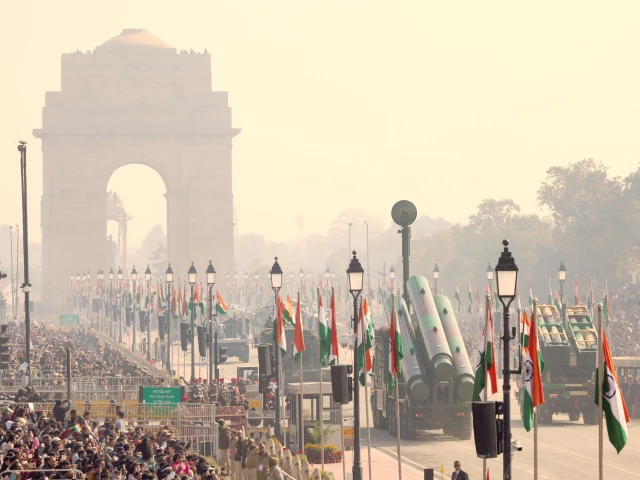- The soaring ambitions of Trump’s Board of Peace, and the realities of rebuilding Gaza NPR
- ‘Imperial’ agenda: What’s Trump’s Gaza development plan, unveiled in Davos? Al Jazeera
- Trump’s Board of Peace: What It Built and What It…
Category: 2. World
-
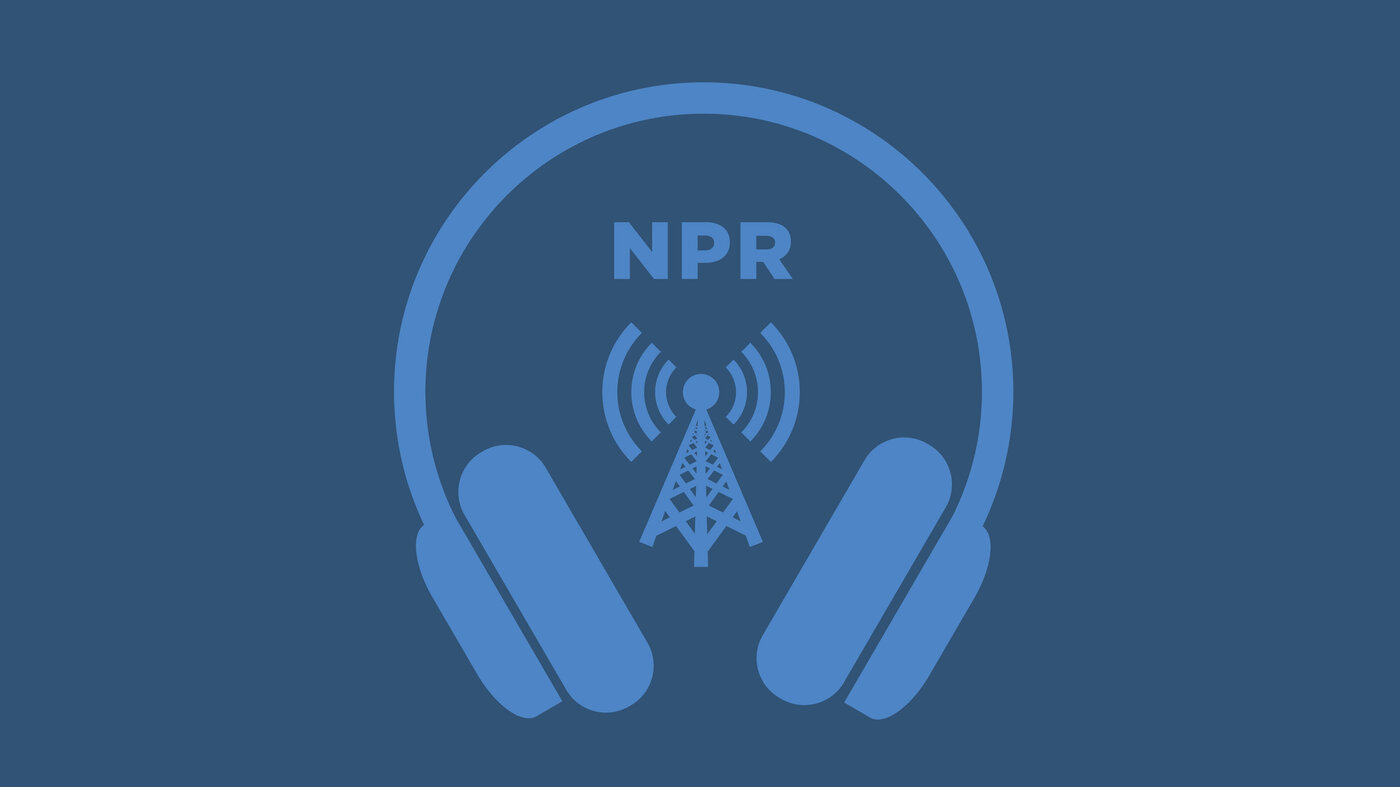
The soaring ambitions of Trump’s Board of Peace, and the realities of rebuilding Gaza – NPR
-
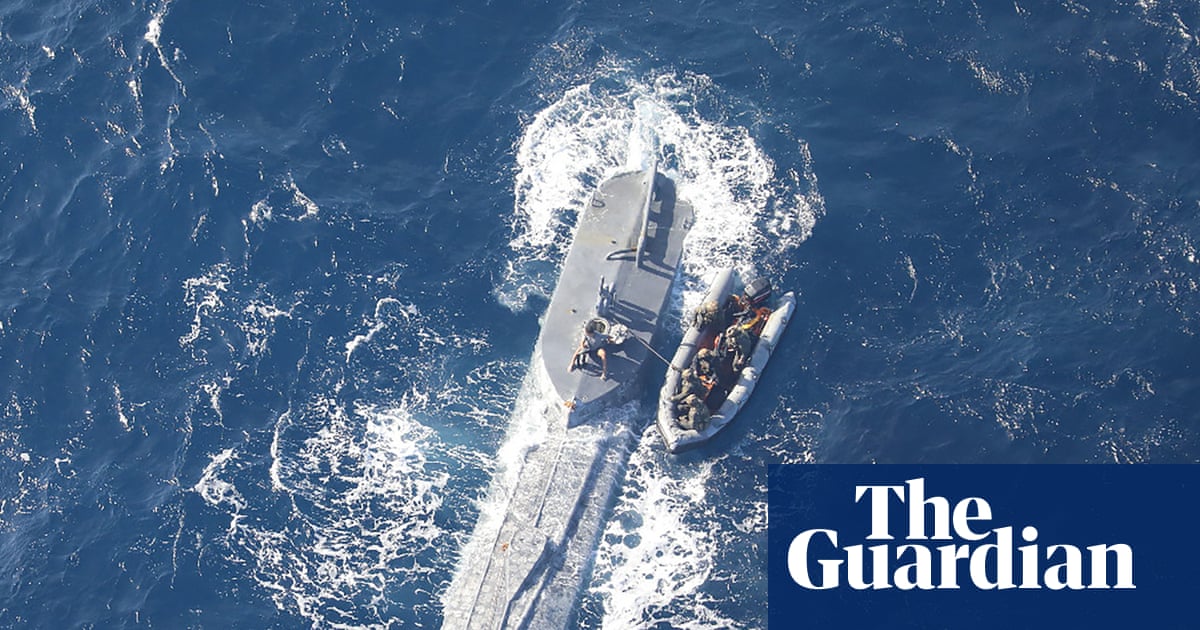
Record 9 tonnes of cocaine seized from ‘narco-sub’ by Portuguese police | Portugal
Portuguese police have made a record seizure of almost nine tonnes of cocaine after intercepting a “narco-sub” off the Azores carrying what is thought to be the largest shipment of the drug ever found on one of the Europe-bound,…
Continue Reading
-
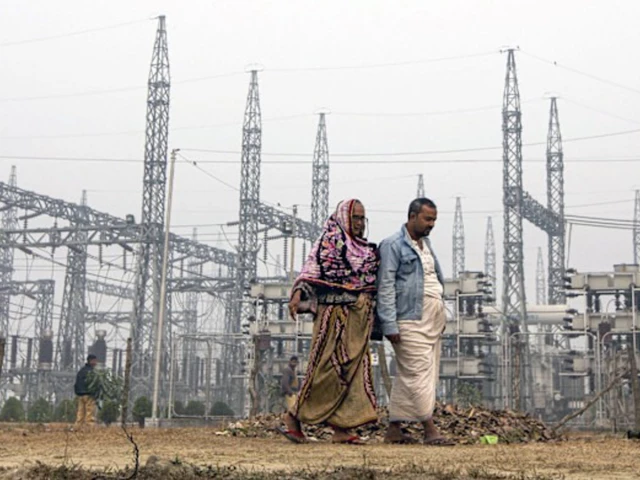
Bangladesh probes India power overpricing
DHAKA:A Bangladesh government committee said on Monday it had found…
Continue Reading
-
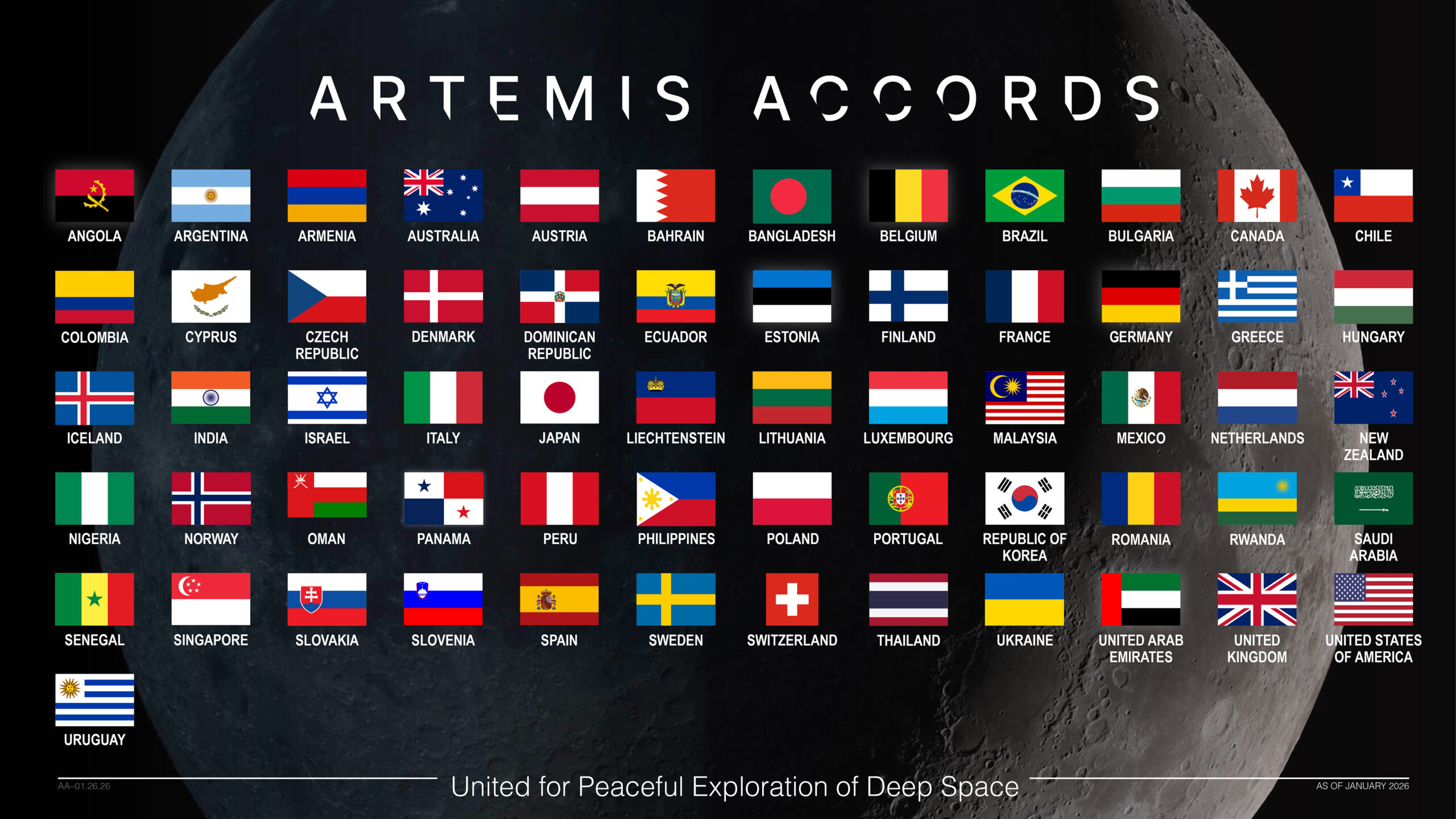
NASA Welcomes Oman as Newest Artemis Accords Signatory
The Sultanate of Oman signed the Artemis Accords during a ceremony in Muscat attended by NASA on Monday, becoming the 61st nation to commit to responsible space exploration for the benefit of all humanity.
“Oman’s accession to the Artemis…
Continue Reading
-
Tokyo Pandas Head For China, Leaving Japan Bereft Of Beloved Bears – Barron's
- Tokyo Pandas Head For China, Leaving Japan Bereft Of Beloved Bears Barron’s
- Japan’s beloved last pandas leave for China as ties fray Dawn
- Tearful goodbyes as Japan returns pandas to China amid worsening ties BBC
- Japan’s last two pandas Xiao…
Continue Reading
-
Carney downplays Trump’s threats while ruling out China trade deal – Politico
- Carney downplays Trump’s threats while ruling out China trade deal Politico
- Canada’s Carney links Trump’s new tariff threat to North American trade deal review Dawn
- Trump threatens Canada with 100% tariffs if it ‘makes a deal with China’
Continue Reading
-
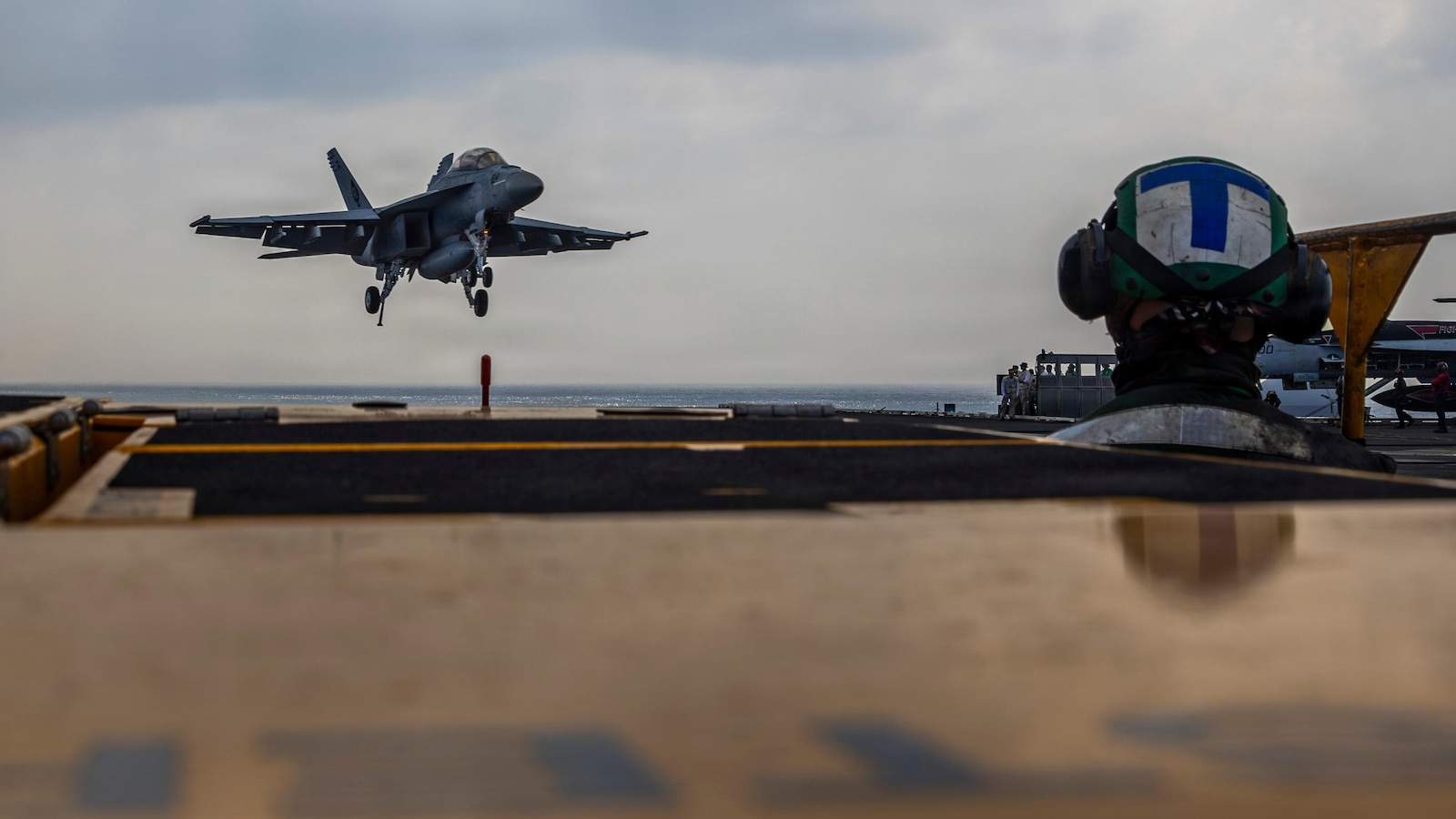
US aircraft carrier arrives in the Middle East as tensions with Iran remain high
WASHINGTON — The aircraft carrier USS Abraham Lincoln and three accompanying warships have arrived in the Middle East, bringing a renewed potential that President Donald Trump could opt to order airstrikes on Iran over its crackdown on…
Continue Reading
-
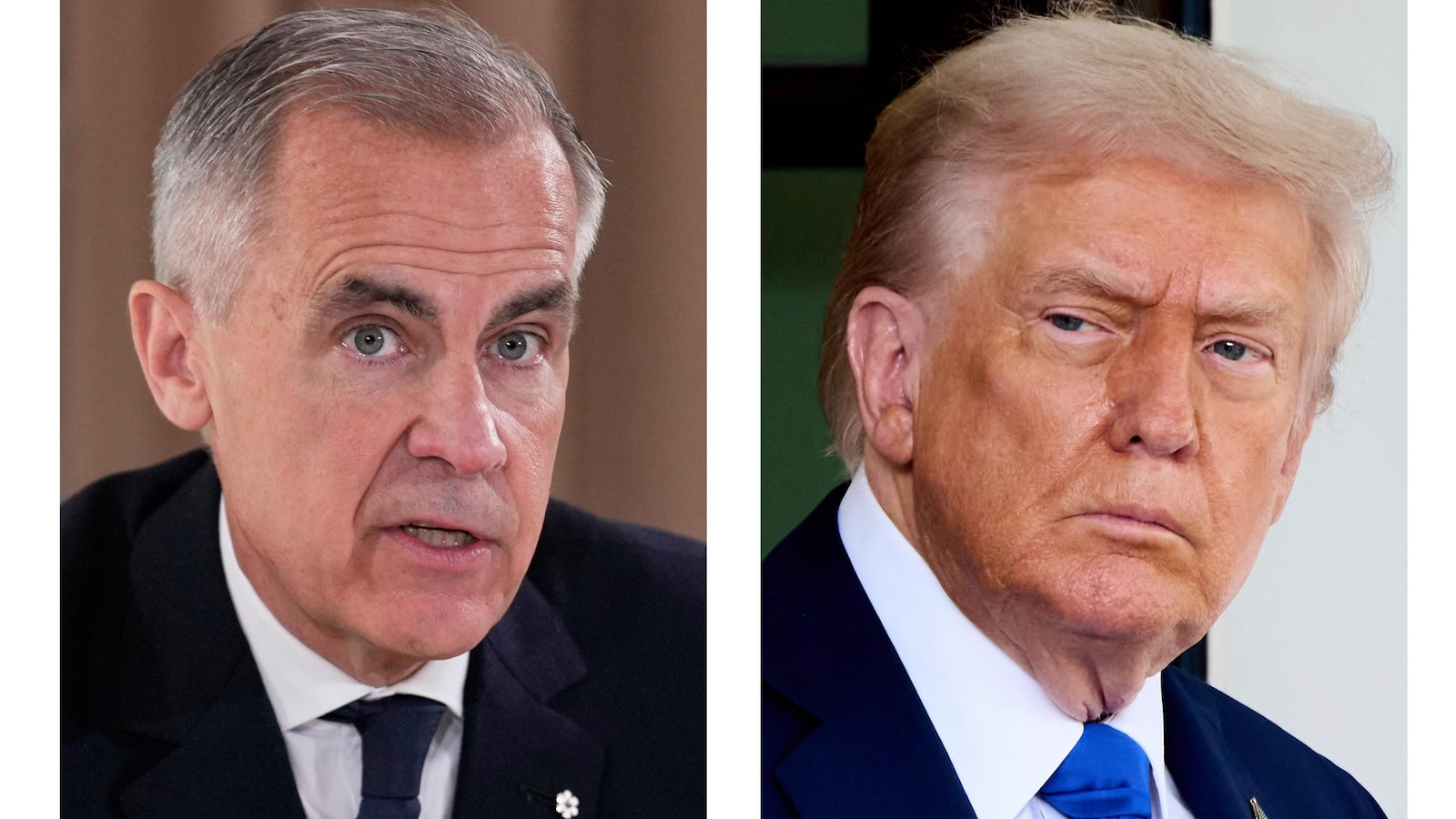
Carney calls Trump’s tariff threats bluster ahead of US-Canada free trade talks
TORONTO — Canadian Prime Minister Mark Carney said Monday some of U.S. President Donald Trump’s threats should be viewed as prepositioning ahead of negotiations to renew the free trade pact between the two large trading partners.
Carney noted…
Continue Reading
-
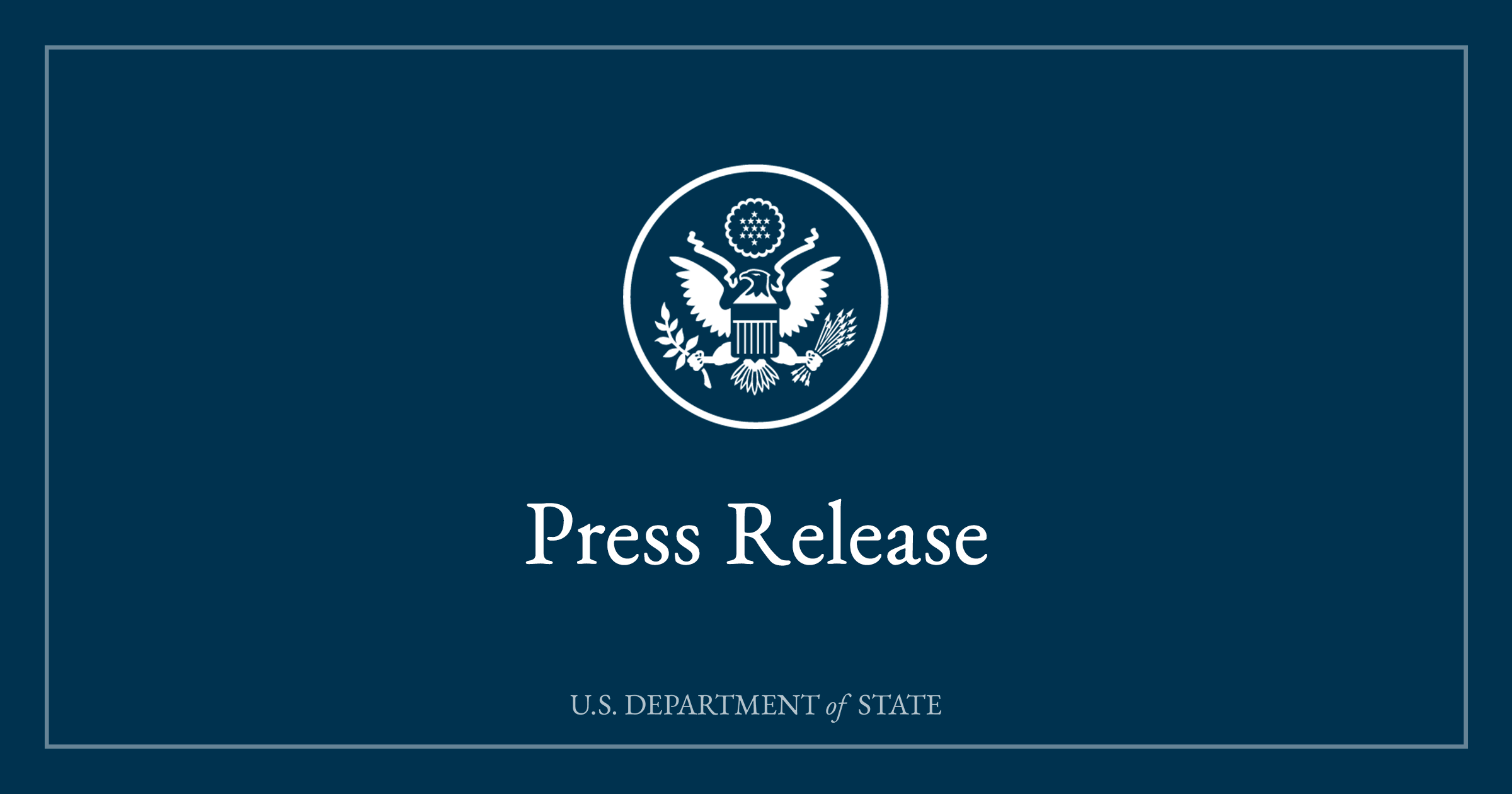
United States Welcomes Oman Signing of the Artemis Accords
The Department of State congratulates the Sultanate of Oman on joining the Artemis Accords. Oman is the 61st country to sign the Accords to date, pledging its commitment to peaceful space exploration and use.
Continue Reading
